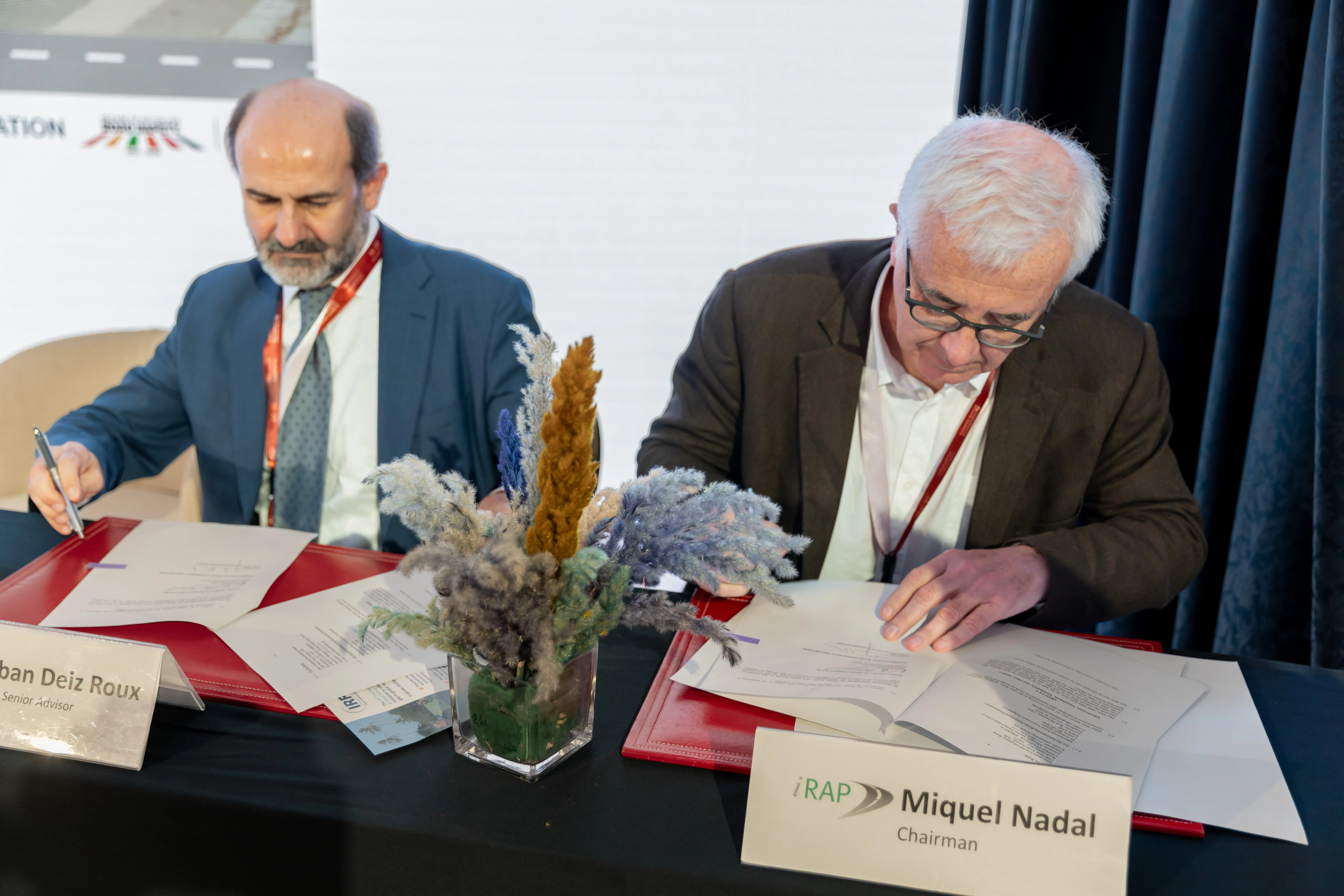Stop the Crash hosted its Latin America Launch recently in Santiago de Chile. This is bringing the global partnership to the region to promote the latest in life saving crash avoidance technologies. Following the global launch of Stop the Crash at the 2nd Global High Level Conference on Road Safety in Brasilia in November 2015, the partnership has been holding a series of events across the globe. These are promoting the importance of active safety systems. The Latin American launch specifically focused on t
June 15, 2016
Read time: 2 mins
Stop the Crash hosted its Latin America Launch recently in Santiago de Chile. This is bringing the global partnership to the region to promote the latest in life saving crash avoidance technologies. Following the global launch of Stop the Crash at the 2nd Global High Level Conference on Road Safety in Brasilia in November 2015, the partnership has been holding a series of events across the globe. These are promoting the importance of active safety systems. The Latin American launch specifically focused on the implementation of Stop the Crash technologies in the region. It took place with support from the UN Economic Commission for Latin America and the Caribbean (ECLAC) and the Chilean Ministry of Transport and Telecommunications. The event featured demonstrations of electronic stability control (ESC), autonomous emergency braking (AEB), anti-lock braking system (ABS) for motorcycles, and tyre safety.
The campaign recently hit a significant milestone with the adoption of a United Nations (UN) Resolution that specifically invited member states to adopt active safety systems as standard. Following the vehicle demonstrations at Stop the Crash, Global New Car Assessment Programme (NCAP) in partnership with ECLAC hosted a Regional High Level Road Safety Seminar on Vehicle Safety. This featured representatives from ECLAC, Automobile Club of Chile (ACCHI), and the FIA Foundation. David Ward, Global NCAP Secretary General and Stop the Crash Partnership Chairman said, “Technologies such as ESC have the potential to save thousands of lives every year in Latin America. Government need to implement UN Vehicle Safety Regulations and get these technologies into new cars sold in the region as soon as possible.”
There is major concern that auto manufacturers are still selling models in Latin America that do not feature the latest safety systems fitted to vehicles sold in the US or Europe. Some firms also persist in selling old models in Latin America that have long since been removed from sale in the US or Europe, and which have poor crash protection performance.
The campaign recently hit a significant milestone with the adoption of a United Nations (UN) Resolution that specifically invited member states to adopt active safety systems as standard. Following the vehicle demonstrations at Stop the Crash, Global New Car Assessment Programme (NCAP) in partnership with ECLAC hosted a Regional High Level Road Safety Seminar on Vehicle Safety. This featured representatives from ECLAC, Automobile Club of Chile (ACCHI), and the FIA Foundation. David Ward, Global NCAP Secretary General and Stop the Crash Partnership Chairman said, “Technologies such as ESC have the potential to save thousands of lives every year in Latin America. Government need to implement UN Vehicle Safety Regulations and get these technologies into new cars sold in the region as soon as possible.”
There is major concern that auto manufacturers are still selling models in Latin America that do not feature the latest safety systems fitted to vehicles sold in the US or Europe. Some firms also persist in selling old models in Latin America that have long since been removed from sale in the US or Europe, and which have poor crash protection performance.







